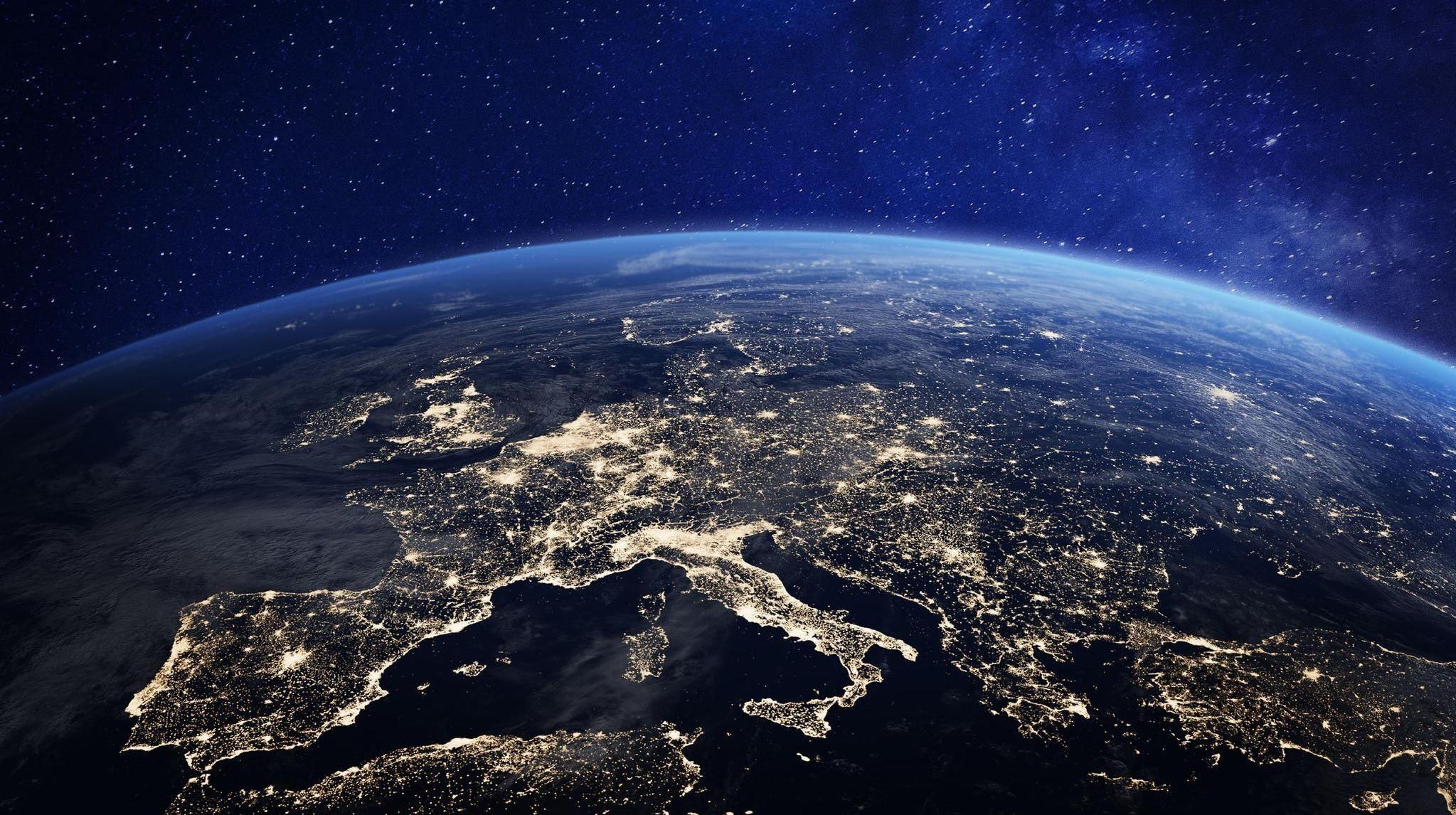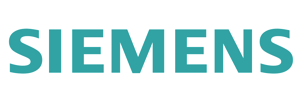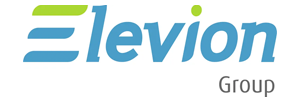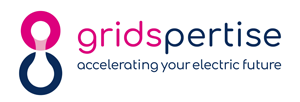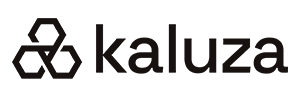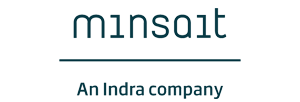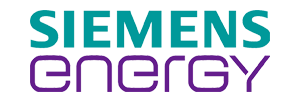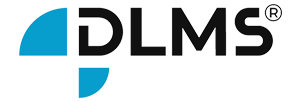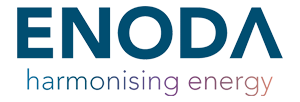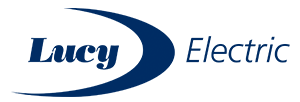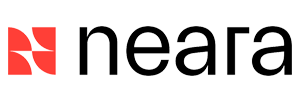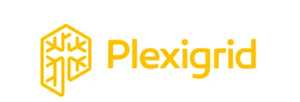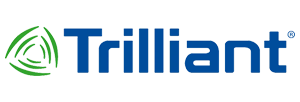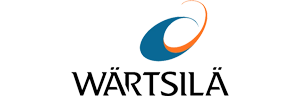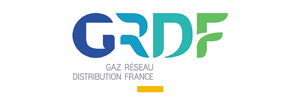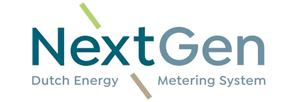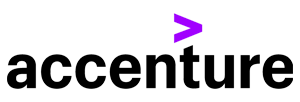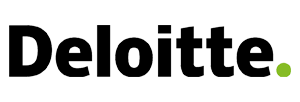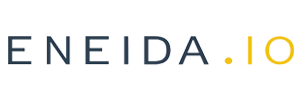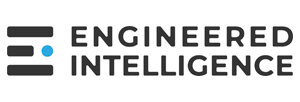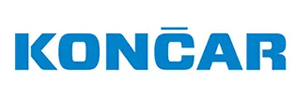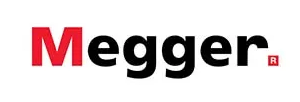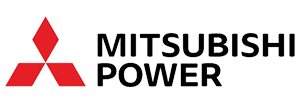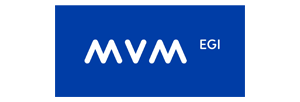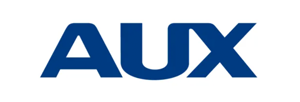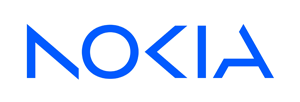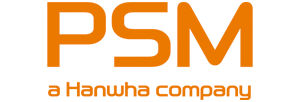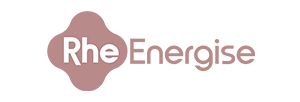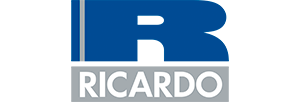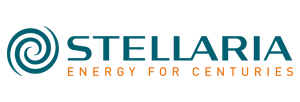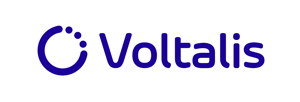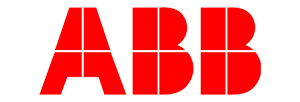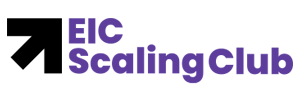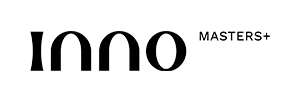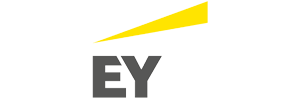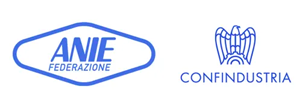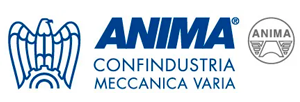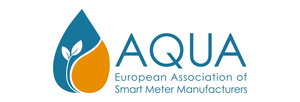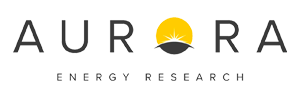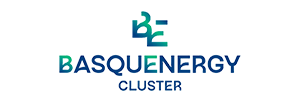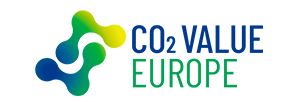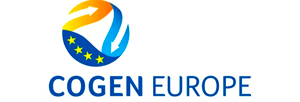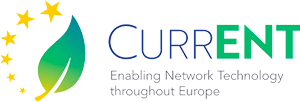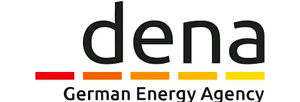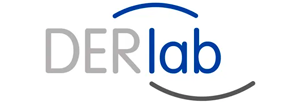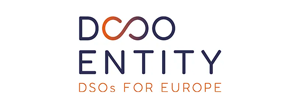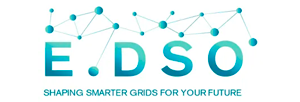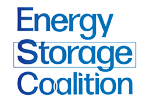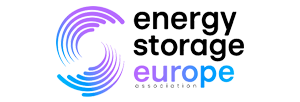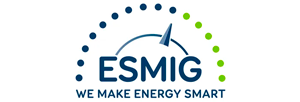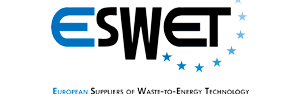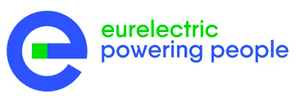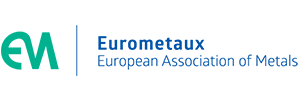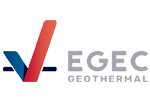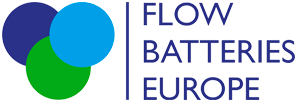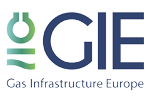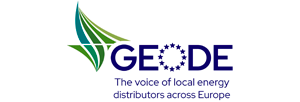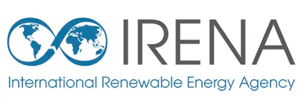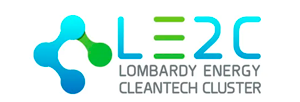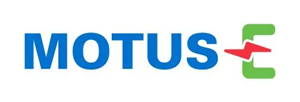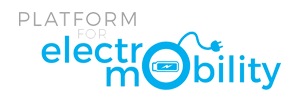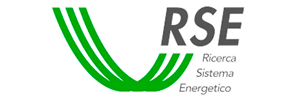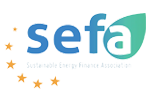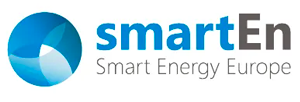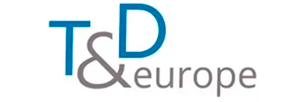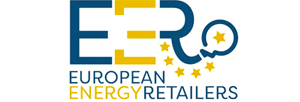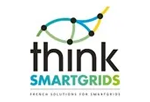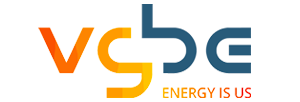Spotlight on the field campaigns conducted within the COREu project
)
Advancing carbon capture
and storage technologies across Europe
The COREu
project, one of the largest research and innovation initiatives for carbon
capture and storage (CCS) ever funded under the Horizon Europe programme, is
making significant strides in demonstrating key enabling technologies within a
CCS chain. With a focus on developing CO₂ transport and storage infrastructure,
the project involves 43 partners across Europe and aims to accelerate the
deployment of CCS technologies by addressing technical, financial, regulatory,
and coordination challenges. COREu's ultimate goal is to contribute
significantly to reducing CO₂ emissions, supporting the EU's climate neutrality
targets.
Through the
development of new CCS routes in Central-East Europe and the creation of
clusters of emitters, COREu is building a trans-national network that connects
CO₂ sources with storage sites. This collaborative effort enhances knowledge
sharing and fosters a common framework for CCS deployment, encompassing
technological expertise, business models, consensus management, and safety
protocols.
Insights from the field
Within the
COREu project, sampling campaigns are planned to take place in several regions
across Europe: in Prinos/Kavala, Greece where the test of the injection will
take place, in South Moravia, Czech Republic, in the Baltic Sea/Gdansk, Poland,
and in Western Ukraine. These sampling campaigns are conducted to gather
essential data for understanding and validating the environmental and
geological conditions, which is necessary to ensure effective and safe CO₂
storage. They involve meticulous collection and analysis of samples from
various locations, providing critical insights into the natural variability of
the sites where CO₂ injection will take place.
Setting sail - Prinos environmental
monitoring
For the
environmental monitoring campaign in Prinos, two of the four planned sampling
campaigns have been completed: the fall cruise in November 2024 and the
winter/spring campaign in March 2025. The COREu team embarked on
"Filia," a vessel from the Hellenic Centre for Marine Research, with
the aim of defining the natural physical-chemical-biological conditions of the
marine environment above the Prinos Oil Field, prior to CO2
injection.
Dr. Stan
Beaubien from Sapienza University of Rome, a key member of the research team,
explained the importance of these efforts: "Within the COREu project,
various research groups across Europe are collecting samples in the area above
where the CO₂ injection will take place and in other areas of the Gulf of
Kavala. This is crucial to define the natural variability of the site. The
chemistry related to CO₂ changes naturally due to biological systems,
interacting with seasons, temperature, light, and storms that mix the water. To
safely monitor the site when CO₂ is eventually injected, we must understand the
natural CO₂ concentrations and biological systems for comparison with measurements taken after
injection starts."
Dr. Paschalia
Kiomourtzi, Energean's Subsurface lead in Greece, added, "These
measurements will be used as a baseline study, forming part of our Measurement
Monitoring Verification plan for the CO₂ storage project. The survey will also
provide critical data and information for safe and effective CO₂ sequestration.
This is combined effort between scientists from Norway, Greece and Italy. We are
all excited; everything went great!"
Dr. Ingebrigt
Uglem, from the Norwegian Institute of Nature Research, shared his experience:
"We have been here collecting water and sediment samples for E-DNA
analysis to map the biodiversity in the area." The use of e-DNA analysis
within COREu marks the first time this innovative method is applied in the
context of a CCS project - a significant milestone that underscores the
project's commitment to pioneering advanced, science-based approaches for
environmental monitoring and impact assessment.
A Project of National
Importance
Andreas
Georgakopoulos, Emeritus Professor of Fossil Fuels at Aristotle University of
Thessaloniki, highlighted the project's significance: "This is a very
important project for Greece's national economy, employment, and environmental
purposes. It should be supported by local communities and at every level."
Environmental Campaigns in
Other Regions
The COREu team
has conducted a field campaign in late winter in South Moravia, Czech Republic,
which included soil-gas monitoring and VOCs above a depleted oil and gas field.
In Poland, there is an ongoing monitoring plan for the Baltic Sea CCS scenarios,
as well as long-term measurements of the CO₂ content of soil air. In Ukraine, two
regional field campaigns were conducted during the summer of 2024 to define
natural soil-gas geochemistry. The research conducted at all of these sites
will aid in defining the natural geochemical conditions occurring in the near
surface environment, creating baseline datasets and developing protocols that will
ensure effective site monitoring and safety.
Conclusion
The COREu
project is not only advancing the scientific understanding of carbon capture
and storage (CCS) technologies but also fostering collaboration across Europe
to address the pressing challenges of climate change. By developing new CCS
routes and conducting comprehensive field campaigns, COREu is laying the
groundwork for a sustainable, low-carbon future. The project's efforts in
environmental monitoring and data collection are crucial for ensuring the
safety and effectiveness of CO₂ storage, while its collaborative approach is
enhancing knowledge sharing and building a robust framework for CCS deployment.
As COREu continues to make significant strides, it is driving Europe closer to
achieving its ambitious climate goals, supported by the invaluable contributions
of its diverse consortium of partners and the essential funding from the
Horizon Europe programme.

